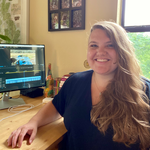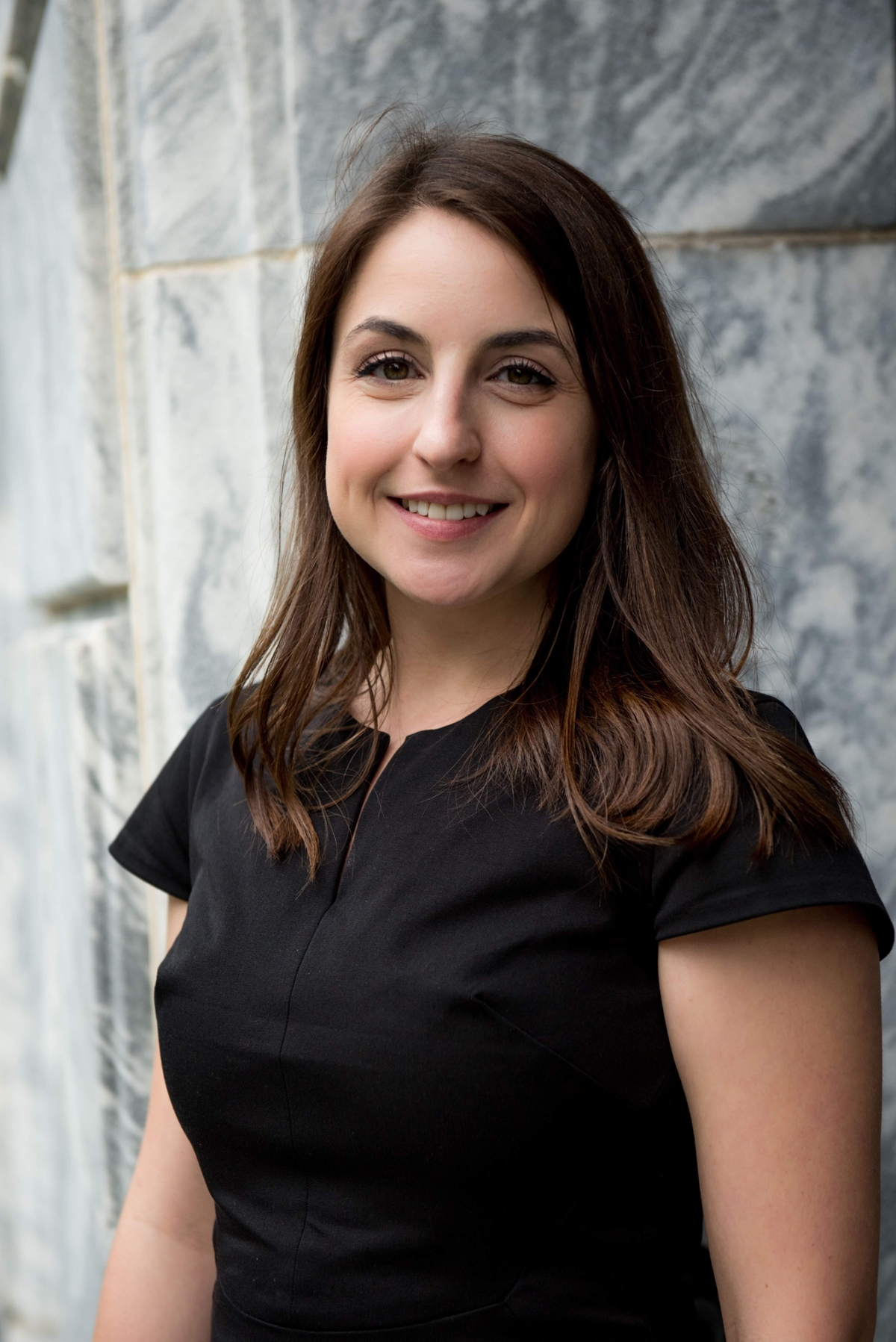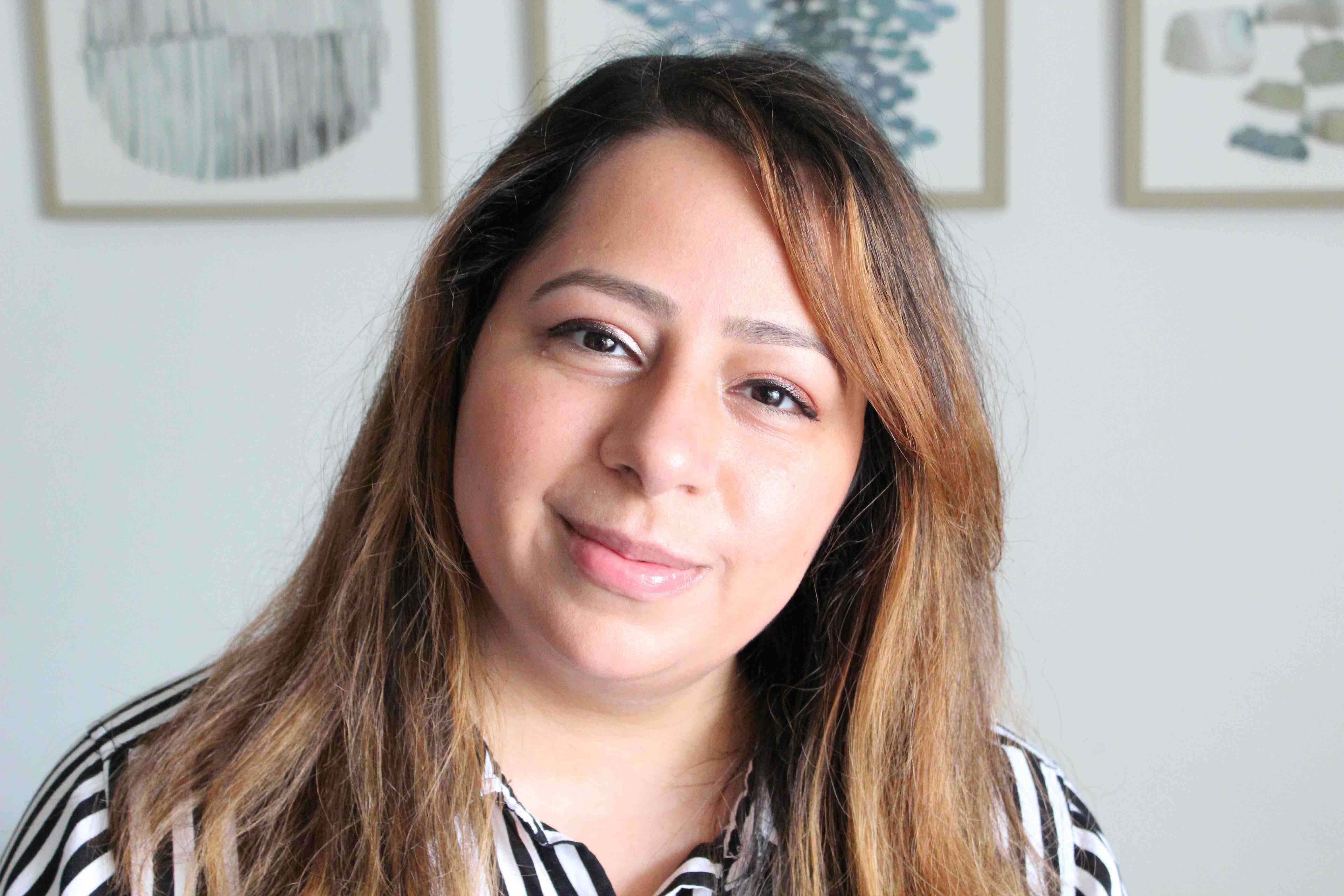2020-21 Mellon Public Scholarship Teaching Fellows
Laney Graduate School is pleased to announce the first cohort of Mellon Interventions Public Scholarship Teaching Fellows for the 2020-21 academic year.
Tesla Cariani (English)
Bio:

Course Description
Title: ENG398W Nonbinary Narratives: LGBTQ+ Comics and Graphic Novels
Time: Spring 2021
Comics and sexuality have a long, entangled history. From the illicitly circulated Eight-Pagers of the 1930s to social justice-oriented trans* webcomics today, comics and graphic novels provide a rich archive from which to track changing notions of gender and sexuality in American culture. In this course, we will consider how comics and graphic memoirs visualize queer and trans* experiences. After introducing historical and theoretical frameworks to ground our approach, we will encounter comics and graphic novels that span genres from autobiography to science fiction. To better understand how comics are created, we will welcome cartoonists into our classroom for discussions about their work and artistic processes.
Throughout this course, students will engage in public scholarship through a variety of assignments and activities. Strengthening their analytic, visual, and compositional skills along the way, students will create infographics, publish book reviews online, compose scholarly comics, and collaborate on a digital exhibition of their chosen research project. Together we will think critically about knowledge production at the university level by partnering with the library to learn how graphic novels and comics are acquired and explore ways to expand collections. This course is being taught with the support of the Mellon Humanities PhD Interventions Project.
Rose Deighton (Religion)
Bio:

Course Description
Title: Muslim Women’s Storytelling (Religion, Gender, and Ethnography)
Time: Spring 2021
This class critically explores multiple, diverse examples of Muslim women’s storytelling. Students will examine how Muslim women have claimed their experience, identity, and narrative in different genres and styles. Using feminist literary theories and religious studies scholarship, students in this class will problematize women’s narratives and the act of autonomous self-definition by Muslim women through fiction, autobiography, memoir, visual art, music, film, and movement.
The course materials are multimodal in nature, including written, visual, audio, and in-person accounts of the lives of Muslim women. Students will develop complex, nuanced, and diversified images of the Muslim woman by engaging with Atlanta-based muslimahs from various walks of life and professional sectors. Through these community-engaged learning opportunities, readings, and other materials, students will learn to identify and analyze the various socio-cultural contexts that shape how Muslim women see themselves and present themselves in the world. As a public scholarship intensive course, students will develop skills for translating academic research in public-facing mediums such as op-eds, infographics, narrative storytelling, podcasts, and community-engaged activities.
Norah Elmagraby (ICIVS)
Bio:

Course Description
Title: MESAS200, Environment and Society in the MENA
Time: Spring 2021
From industrial cities to irrigated fields, mountain ranges to hot deserts, and from islands to green oases, the Middle East and North Africa (MENA) encompasses a variety of environments well suited for examining the relationships between the environment and society. This course uses the MENA region as a case study for investigating complex issues surrounding environmental sustainability. In particular, this course will focus on 1) the relationship between religion and ecological stewardship or exploitation, 2) grassroots versus governmental environmentalism, and 3) practical economic, industrial, and natural resource management considerations in the context of environmental sustainability. This course will feature multiple guest speakers from the MENA region with their respective specializations to offer local insights on these topics. By the end of this course, students will produce public-facing final projects employing digital tools learned in the class. This course is funded by the Mellon Interventions Project Public Scholarship Teaching Fellowship.
Sara Saba (Philosophy)
Bio:
Sara Saba is a PhD Candidate in Emory’s Department of Philosophy. She received an MA in Philosophy from Stony Brook University (SUNY) and a BA in Philosophy and Literature (with Honors) from the University of New Mexico. Her dissertation research is focused on addressing the insidious ways Post Traumatic Stress Disorder (PTSD) disrupts fundamental structures of self and meaning-making. Her overall research interests are focused on advancing the dialogue between philosophical theories of perception, intersubjectivity, and ethics, with the need for further understanding and de-stigmatization of various mental illnesses and disorders in our everyday lives. She is always concerned with how philosophical terminology surrounding the ‘good life’ may not fully encapsulate or include the lives of those suffering from chronic mental health issues. In terms of teaching, she loves to help students outside philosophy and the humanities find space for their own interests to be validated and expanded upon with philosophical methods.
Course Description:
Title: PHIL285, Philosophy of Mental Health and Mental Illness
Time: Spring 2021
This course seeks to better articulate how mental health issues disrupt our normative assumptions about human nature and the ‘good life’. Taught with support from the Mellon Humanities PhD Interventions Project, we will focus on our common perceptions (and misconceptions) about mental health by reading philosophical texts in biomedical ethics, existentialism, phenomenology, feminist theory, critical philosophy of race, and decolonial theory. Our theoretical engagement will be supplemented with an exploration of mental health care providers, public figures, and community initiatives that focus on destigmatizing and providing better public access to mental health care services on individual, collective, and institutional levels. Students will end the course with their own final project dedicated to further destigmatizing our relationships to mental health and illness. This course is funded by the Mellon Interventions Project Public Scholarship Teaching Fellowship.